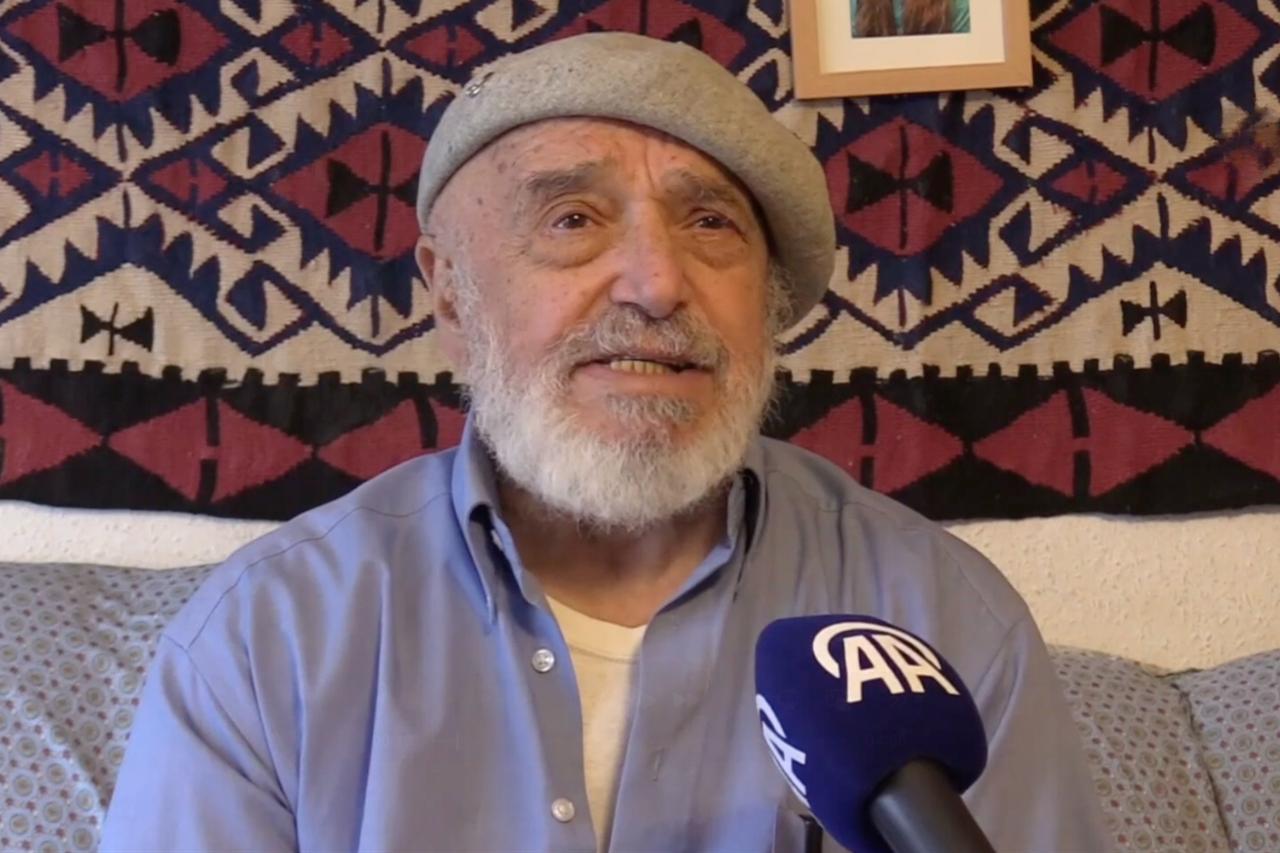
Ninety-one-year-old Sefik Karaguzel, who left Türkiye for Cologne 64 years ago as part of the bilateral Labor Recruitment Agreement, says Turkish entrepreneurs now play a central role in supporting Germany’s economy.
Karaguzel was among the first nine workers sent to Germany after the two countries signed the agreement on Oct. 30, 1961. He began working at the Ford factory in Cologne and later moved into administrative duties thanks to his early efforts to learn German.
He told Anadolu Agency that he helped new arrivals settle into worker dormitories, supported their first steps in the country, and managed several housing facilities at the factory.
He said he later founded an association called “Association of Turkish Workers in Cologne and Surrounding Areas" (Koln ve Cevresi Turk Iscileri Cemiyeti), which reached 3,500 members and successfully negotiated with local authorities.
Today, he noted, many associations exist by name only and lack similar influence.
Sefik Karaguzel described the shift from the first generation of migrants to what he calls the fifth generation of Turks in Germany.
He urged young people to preserve their mother tongue, arguing that strong Turkish language skills make it easier to learn German.
“Children speak German among themselves and sometimes mix a few Turkish words, but their German is better than their Turkish. There is a serious disconnect. Young people should be encouraged to learn Turkish. The mother tongue is very important,” he said.
He added that people of Turkish origin contribute significantly to Germany’s growth. “New Turkish entrepreneurs keep a large part of the German economy standing. We have lawyers, dentists, doctors, industrialists, and construction workers. We have restaurants and cafes. We are strong in every field and I am optimistic about the future,” he said.
Known in Cologne as the “Flying Black Sea man,” Karaguzel said he fulfilled his childhood dream of flying by building and piloting light aircraft in Germany.
He has long been fascinated by planes and helicopters and worked to promote the construction and use of ultralight aircraft in the country. Some of the models he helped build are still in use.
Despite flying to many destinations, he was never able to reach Türkiye with one of his own aircraft, something he still regrets. He explained that fuel capacity, weight limits, and restrictions on landing in Yugoslavia at the time made such a journey impossible.
“I once tried to build a helicopter with an old Volkswagen engine I found in Zonguldak. My passion came from those days,” he said. “I planned a trip from Germany to Türkiye. I prepared everything but could not get permission. If I carried enough fuel, I could not take safety equipment. If I took equipment, I could not carry enough fuel. Yugoslav authorities also did not allow me to land. So I could not make the flight to Türkiye, even though it was my biggest wish.”
Karaguzel’s experience mirrors the broader history of Turkish migration to Germany. His memories bear traces of the early challenges of integration, the push for community organization, and the shift from factory labor to professional and entrepreneurial roles.